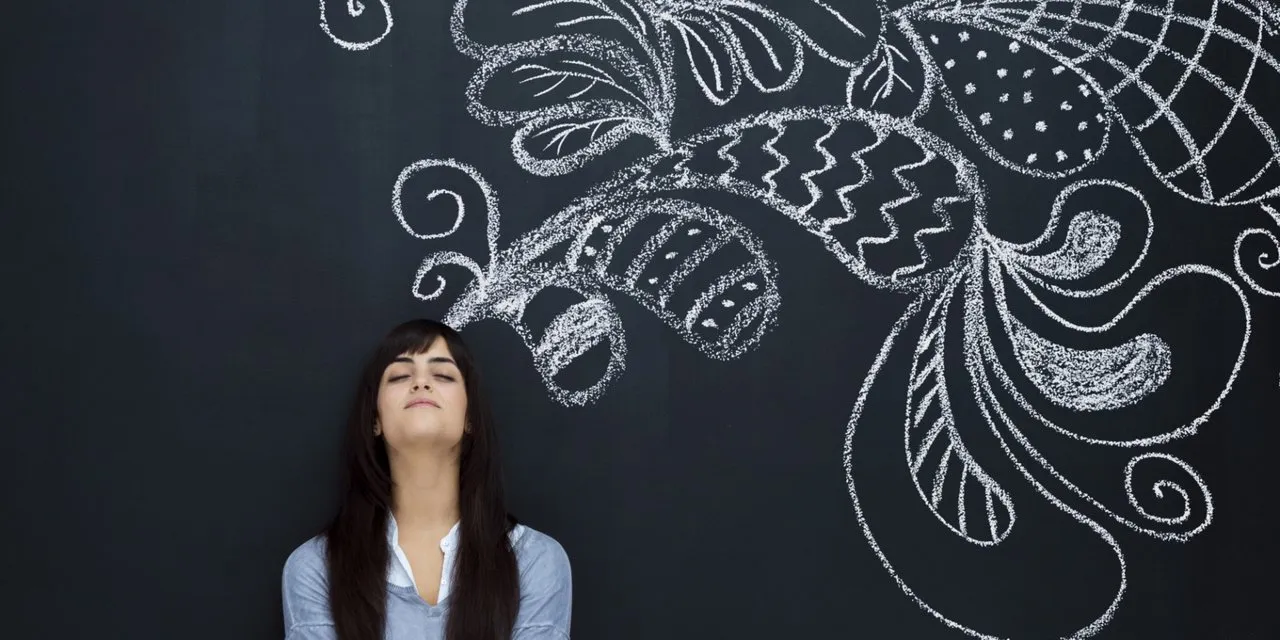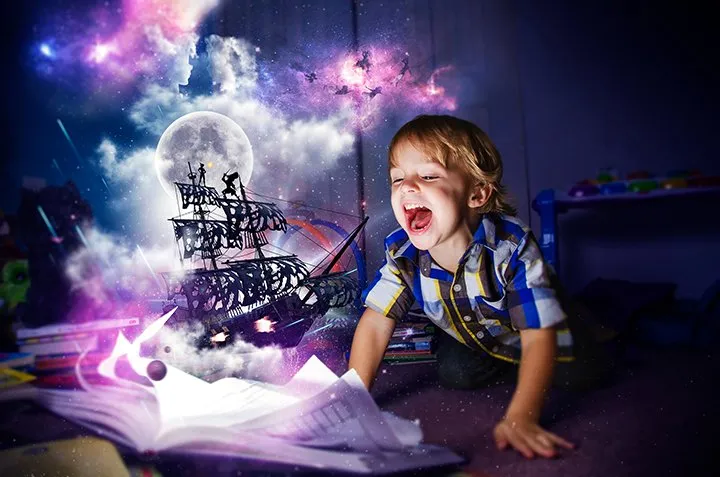I had never paid much attention to the roles literature could play in the public sphere until I realized that it has the potential to challenge the status quo. Is it not this subversive potential why many literary works have been banned?
Some examples of literary works that were banned for this reason:
- Brave New World was banned for its comments against religion and traditional family in Ireland.
- Animal Farm was banned in the USSR, and is still banned in Cuba and North Korea, for its satire of the communist brutalities. It is also banned in Kenya for its criticism of corruption and in the United Arabic Emirates for its depiction of talking pigs, which is considered contra-Islamic values.
- Alice in Wonderland was banned in China for portraying animals as if they were human beings.
- The Adventures of Huckleberry Finn had been originally banned for showing too great a friendship between a white boy and a slave in the United States.
The banning of literary works is no feature of our modern age. Plato had for example already banned poets in his Republic.
Banning poetry in Plato’s ideal state
In Plato’s Republic, poets were dismissed for arousing thoughtless emotions that cloud the citizens’ judgments. According to Plato, poets did merely interpret and represent things of this world and not the Forms (or ideas) that make up the most fundamental or essential kind of reality. In Plato’s eyes, the world exists of an ‘eternal world’ and a ‘material world’. The ‘eternal world’ is the realm of ideals and perfect forms. It possesses all objects of knowledge and is more real than the material world. The ‘material world’, on the other hand, is a reflection of the eternal world. They are the shadows in Plato’s “Allegory of the Cave”.
In case you are unfamiliar with Plato’s “Allegory of the Cave”, you should watch this small introductory video. It is Plato’s most famous philosophical idea.
In short, Plato believed that poets did not represent reality and with their words and phrases they could corrupt the youth and incite passions instead of the faculties of reason. Hence they should not be permitted into the polis (city) as they could not speak philosophically.
Is Plato right in this regard, and should we ban poets if they do not represent reality or truths as it is? I think Plato is unjustly dismissing the social value of poetry (and other literary works).

Literature incites public imagination
A feature of literary works is that they have a great capacity to give pleasure while being morally critical. They can portray social agents and their emotional and practical relations to the problems of their world better than non-fiction. They give color to reason and portray human beings within lively human settings – something that cold science cannot do. The most important attribute of literature is that it allows fictional characters that resemble us to approach social choices with imagination.
Literature is therefore subversive
Reading into fictional lives will lead us to wonder. It sparks our imagination of political possibilities, and it could eventually disrupt the status quo and improve the human condition.
